Content Ranking
Mobile applications have become an integral part of our lives in today's digital age. Businesses, developers and entrepreneurs are looking for ways to develop impressive and useful mobile applications that meet the needs of users.
Only a successful one writing a mobile application the process starts with the right choice of software language. In this guide, we will cover the Top 5 Software Dili“ topics for Writing ”Mobil Apps and examine the role of these languages in mobile application development projects. For developers and software professionals of all levels, this guide will guide you through your journey to writing a successful mobile app.
Why is the Right Software Language Important?
Mobile application development projects are based on the selection of the right software language. Here are the topics we will cover in this article:
1. Java: King of the Android World
Java, it is the basic language of Android apps. It is quite common to develop applications for Android devices using this language.
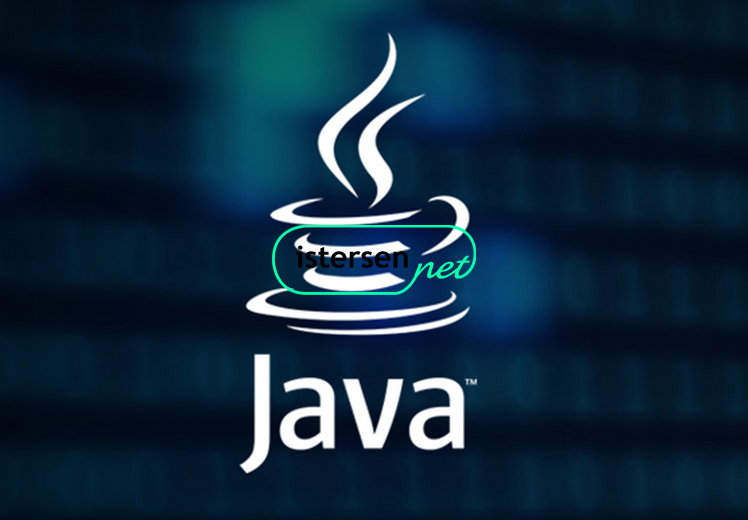
What are the advantages and disadvantages of Java?
Advantages :
- Platform Independence: Java is a platform-independent language. This means that a Java application you write can run on different operating systems.
- Wide Library Support: Java has a rich library collection, making it easy for developers to do their job.
- Security: Java has taken important steps in security and supports the development of secure applications.
- Large Community: Java has a large and active developer community, making it easy to solve your problems quickly.
Disadvantages
- Performance: Java is a language that is not directly compiled and can therefore cause performance problems in some applications.
- More Code: Java-written apps often require more code than other languages.
2. Swift: Champion of the iOS World
Swift is a language developed for Apple's iOS and macOS applications. This language is ideal for application developers who focus on Apple products.
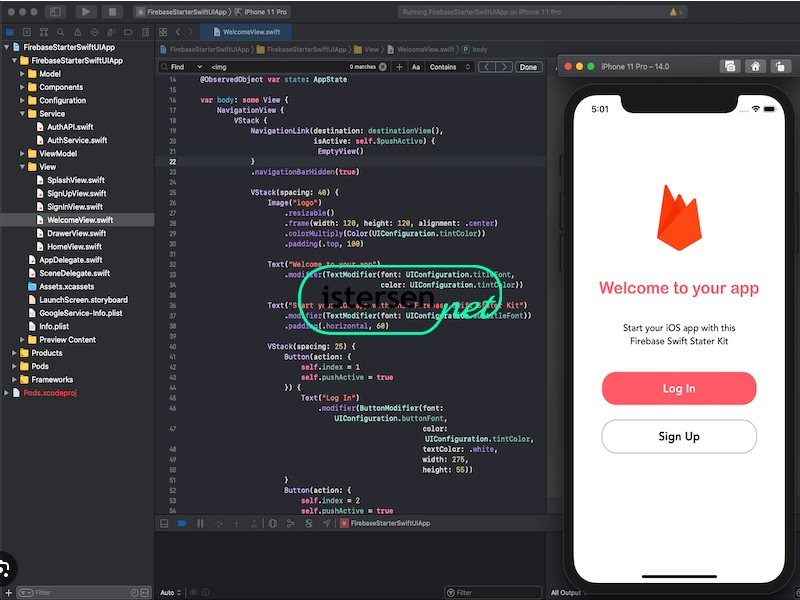
What are the strengths of Swift?
- Performance: Swift, it is known as a fast and efficient language. This is especially important for iOS and macOS applications.
- Easy to Read and Understand: Swift offers a clean and readable syntax, making it easy to understand and maintain your code.
- Security: Swift offers many security features to reduce security-related errors.
- Simultaneity: Swift supports simultaneous programming, making it easy to develop multi-process applications.
3. JavaScript: The Indispensable of Web and Mobile Applications
JavaScript, offers a wide range of uses, from web applications to mobile applications. It can be used both in the browser and on the server.
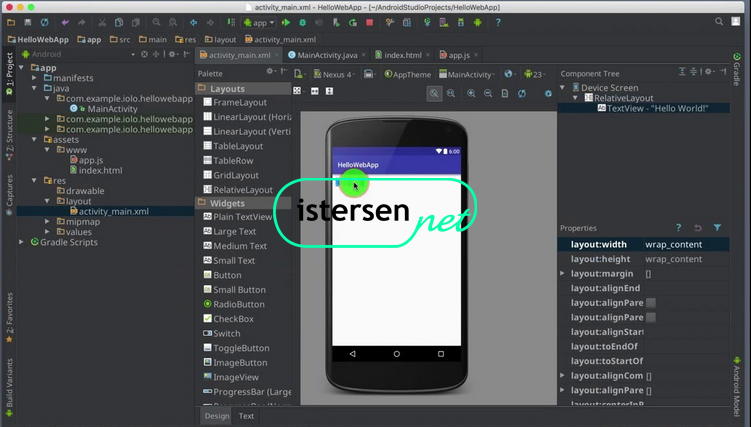
What are the contributions of JavaScript to mobile application development?
- Cross-Platform Support: JavaScript is a language that can run in the browser and on the server, so it is an excellent option for web and mobile applications.
- Wide Library Support: JavaScript comes with a lot of libraries and frameworks, which saves developers time.
- Community & Resources: JavaScript has a large community of developers, and online resources are plentiful.
C#: Multiple Platform Support
C# is a product of Microsoft ⁇ and is used for mobile applications as well as for Windows-based applications.
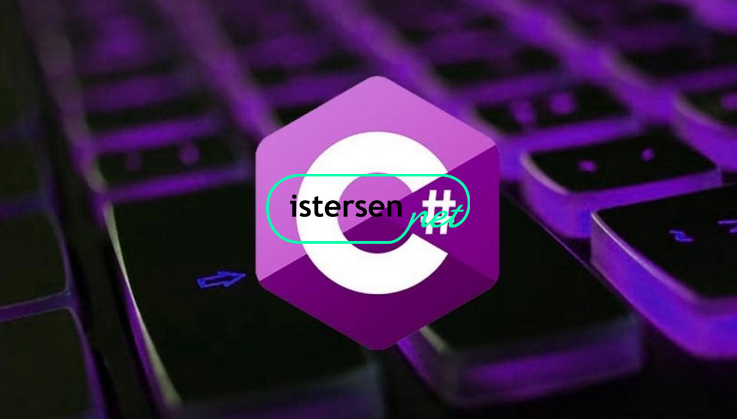
What are the advantages of C#’?
- Multi-Platform Support: C# allows you to develop apps for Android and iOS, as well as Windows-based apps.
- Great Community: C# has a large community and is a language that Microsoft supports.
- Rich Library Support: C# comes with many ready-made libraries, which speeds up your work.
Python: Speed and Convenience
Python is a popular option, especially for developers who want to build fast prototypes.
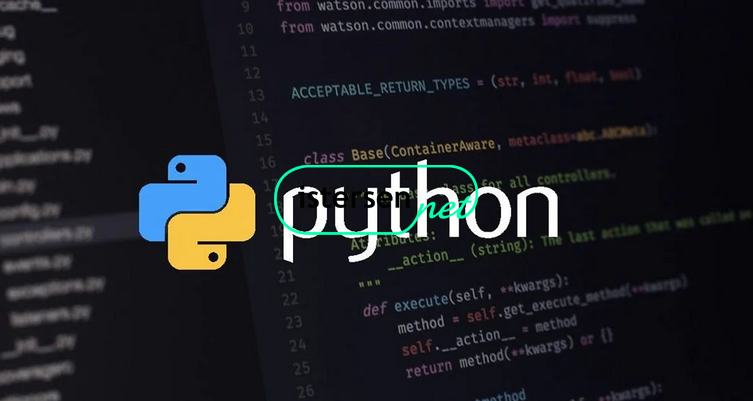
What are the contributions of Python to mobile application development?
- Rapid Prototyping: Python is an excellent option for creating rapid prototypes and testing ideas.
- Wide Library Support: Python comes with many third-party libraries, which gives developers tools for a variety of tasks.
- Easy to Read and Understand: Python's clear and simple syntax is easy for beginners to learn.
More Language Options
What are more software language options you can use when writing a mobile application? Learn about other important languages in this section.
Kotlin
Kotlin has become a popular language for developing Android apps. It is easy to integrate existing Java code as it is compatible with Java. Kotlin offers fewer errors, faster development processes, and readable code benefits. It is also officially supported by Android Studio.
Ruby
Ruby is a frequently used language for developing web applications. The Ruby on Rails framework in particular is ideal for building web applications quickly. If your mobile apps have web-based components, you can easily enhance those components with Ruby.
PHP
PHP is a widely used language for web-based applications, but it can also be used for the server side of mobile applications. PHP can be useful for database operations and other server-side tasks of your mobile application as it works on a server side.
Go (Golang)
Go is known as a performance and speed-oriented language. It is especially ideal for applications that require multi-process and intensive network usage. If your mobile app needs to work quickly and reliably, Go may be an option.
Darts
Dart is a language developed by Google and used in conjunction with the Flutter framework. Flutter provides multi-platform support and enables you to develop a fast user interface. Dart facilitates the development of mobile applications when used in conjunction with Flutter.
Rust
Rust is a language that supports system-level programming. If you want to improve your game or create high-performance applications, you can use Rust. He is also known for his strict security audits.
Lua
Lua is a lightweight language used for embedded systems and game development. If you need to develop mobile games, you can integrate with Lua game engines.
These languages can be selected based on the needs of specific projects. In the process of mobile app development, it is important to make sure that the language used is compatible with mobile platforms and aligned with the goals of your project.
How should you begin?
What steps should you take before embarking on your mobile app development journey? Here is your starting point.
1. Goal Setting and Idea Development
Before you start developing a mobile app, clarify what problem you want to solve or which target audience you want to target. Create an app idea and set your goals.
2. Market Research
Research the mobile app market and similar apps. Examine your competitors and identify gaps in the market. This will help you determine your competitive advantage.
3. Platform Selection
Determine which platforms (iOS, Android, or both) you want to publish your app on. The choice of platform affects how your development process will proceed.
4. Technology and Language Selection
Choose the technology and programming languages you will use to develop your application. For example, you can use languages like Java for Android or Kotlin, Swift for iOS, or Objective-C.
5. Prototype Creation
Create a prototype that includes the basic functionality and design of your application. This helps you to visually understand and share your idea.
6. Development Environment and Tools
Choose a suitable development environment that supports your development process. Integrated development environments such as Android Studio (For Android) or Xcode (for iOS) are commonly used.
7. Application Design
Design your app's user interface (UI) and user experience (UX). A good design allows users to comfortably use your app.
8. Development & Coding
Start coding the core functionality of your app. You can work with a developer who has the appropriate coding skills for your designated platform and programming language.
9. Testing and Error Correction
Test the app you developed and fix any errors you encounter. Allow users to use your app without any problems.
10. Publication
On the platforms where you set your application (App Store, etc, Google Play Store follow the steps required to publish, etc.). This allows you to open your application to users' access.
11. Marketing & Promotion
Develop marketing strategies to introduce your app to your users. Promote your app through social media, advertising campaigns and other methods.
12. Feedback and Improvements
Listen to user feedback and continuously improve your app. Consider the wishes and needs of the users.
The process of mobile app development can be time-consuming and complicated, but by following these steps, you can manage your business on a regular basis and achieve success.
Frequently Asked Questions
- Which software language is easiest to develop mobile application?
- Which software language provides the most performance?
- What basic information is needed before starting mobile app development?
- How to design a good mobile app?
- How important is security in the process of mobile application development?
- Which language offers multi-platform support?






GIPHY App Key note set. Please check settings